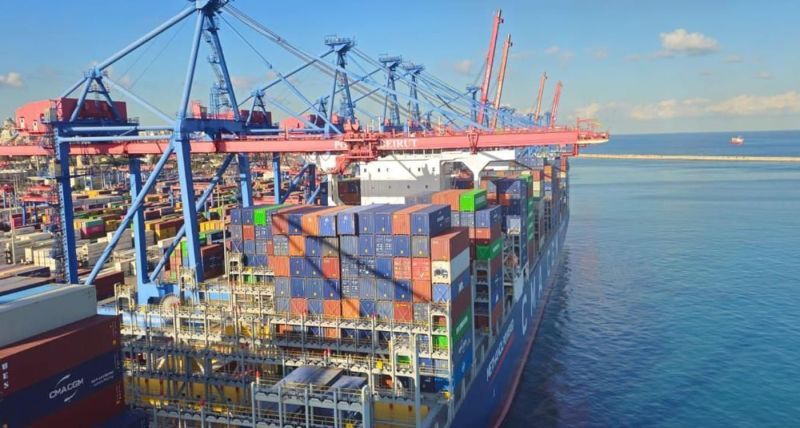
Signs of warning relations between Lebanon and Saudi Arabia are becoming increasingly evident. Many see it as long overdue for Lebanon to reclaim its place within its natural sphere: the Arab world.
On Monday, Prince Yazid bin Farhan, advisor to the Saudi Foreign Minister, visited Beirut with a technical delegation. The visit aimed to explore ways to remove the barriers that have stalled trade between the two countries since April 2021. If successful, this thaw could revitalize both bilateral relations and trade between Lebanon and the wider Gulf region.
Security As a Key Condition
The visit follows Lebanon’s recent success in combating drug trafficking bound for Saudi Arabia. A Saudi official, quoted by Reuters, said, “Riyadh is preparing to take imminent steps to strengthen commercial ties with Lebanon.”
It is important to recall the triggering incident: in April 2021, Saudi Arabia banned the entry and transit of Lebanese fruits and vegetables after 2.4 million amphetamine pills were found hidden in a shipment of pomegranates. Since then, several Lebanese sectors have suffered significant losses.
Despite these restrictions, Lebanon continued importing Saudi products, signaling goodwill, cooperation, and respect for the historical ties between the two countries.
A Steep Decline in Lebanese Exports
Lebanese customs data show that exports to Saudi Arabia exceeded $200 million annually between 2016 and 2020. After the ban, they sharply fell to $124 million in 2021 and nearly collapsed to zero between 2022 and 2025.
In 2020, exports totaled $220 million, including $92 million in agricultural products, $97 million in industrial goods, and $10 million in pharmaceuticals.
Tourism, a key pillar of the Lebanese economy long supported by Gulf visitors, was also hit hard. In 2015, Gulf tourists were advised to avoid Lebanon for security reasons, leading to a steep decline. At that time, Saudi tourists alone accounted for 16% of total tourist spending in the country.
The Saudi Market: A Lifeline for Lebanese Agriculture
For Agriculture Minister Nizar Hani, reopening the Saudi market would provide “a stabilizing factor” for Lebanese agriculture, which remains heavily dependent on Gulf markets. Before 2020, 45% of Lebanese agricultural exports went to Gulf countries, including 13% to Saudi Arabia, 12.5% to Kuwait, 7.6% to Qatar, 7.5% to the United Arab Emirates, 3% to Oman, and 1.5% to Bahrain.
Ibrahim Tarchichi, president of the Lebanese Farmers’ Federation, is calling for the rapid adoption of a clear timetable to resume exports to Riyadh.
Which Products Could Return First?
Citrus fruits, including lemons, clementines and other varieties, are expected to lead the way. Grapes, highly sought after in Saudi Arabia, also have strong export potential. A gradual revival of these sectors would send a powerful signal for the Lebanese economy as a whole.




Comments